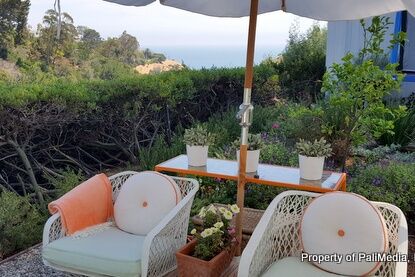La Salud: Breast Self Examination and Early Detection

The stats are startling. A mujer born in the United States today has a one in eight chance of developing breast cancer at some time during her life. According to the American Cancer Society, Hispanic women are more likely to be diagnosed with larger tumors and late-stage breast cancer than white women. Researchers believe there might be a biological or genetic reason behind the differences between breast cancer in Hispanic and white women. But thanks to high-profile educational and fundraising events, such as the Susan G. Komen Race For The Cure (with over 1.6 million participants in over 140 races annually), breast cancer awareness is at an all-time high. In honor of October’s National Breast Cancer Awareness Month, Las Fabulosas spoke to three breast cancer survivors for tips on detection, prevention and coping with the illness.
Breast Self -Examination
For Luisa Lavalle of Seattle, WA, a monthly breast self-examination was part of her routine. This allowed her to detect her breast cancer at a very early stage. “Because my cancer was detected so early, I ended up not having to get chemotherapy after the cancer was removed,” says Lavalle. As for making it through the trying times post- diagnosis, Lavalle made stress reduction her main priority. “For me, the best way to cope was to try to be realistic and to put emotions and drama on hold, and concentrate on how to move forward.” Indeed, recent research has shown that psychological stress can weaken the immune system, which can increase cancer cell growth.
Family History
Prior to her diagnosis, Michelle Marquez of the Bronx, NY knew to be extra vigilant about breast cancer, since her mother had passed away from the illness. “It helps tremendously to know whether you have immediate or distant family members who have suffered from cancer,” Marquez says. Statistically, a woman who has one immediate female relative with breast cancer has nearly twice the risk of a woman without a family history.
Early Detection
Rachel Galarza of Dallas, Texas was trying on a bathing suit for a winter vacation to Hawaii when she felt a small lump in one of her breasts, which turned out to be cancerous. Galarza, who was young, healthy and had no family history of cancer, was shocked by the diagnosis. “I didn’t think it could ever happen to me, but it did,” says Galarza. “I was lucky I caught the cancer when I did, since I never used to do breast self-examinations. All women should do monthly breast self-examination, no matter what their family history is.”
To find more information on the causes of breast cancer visit the American Cancer Society and for more information on what you can do to help find a cure, visit komen.org.


